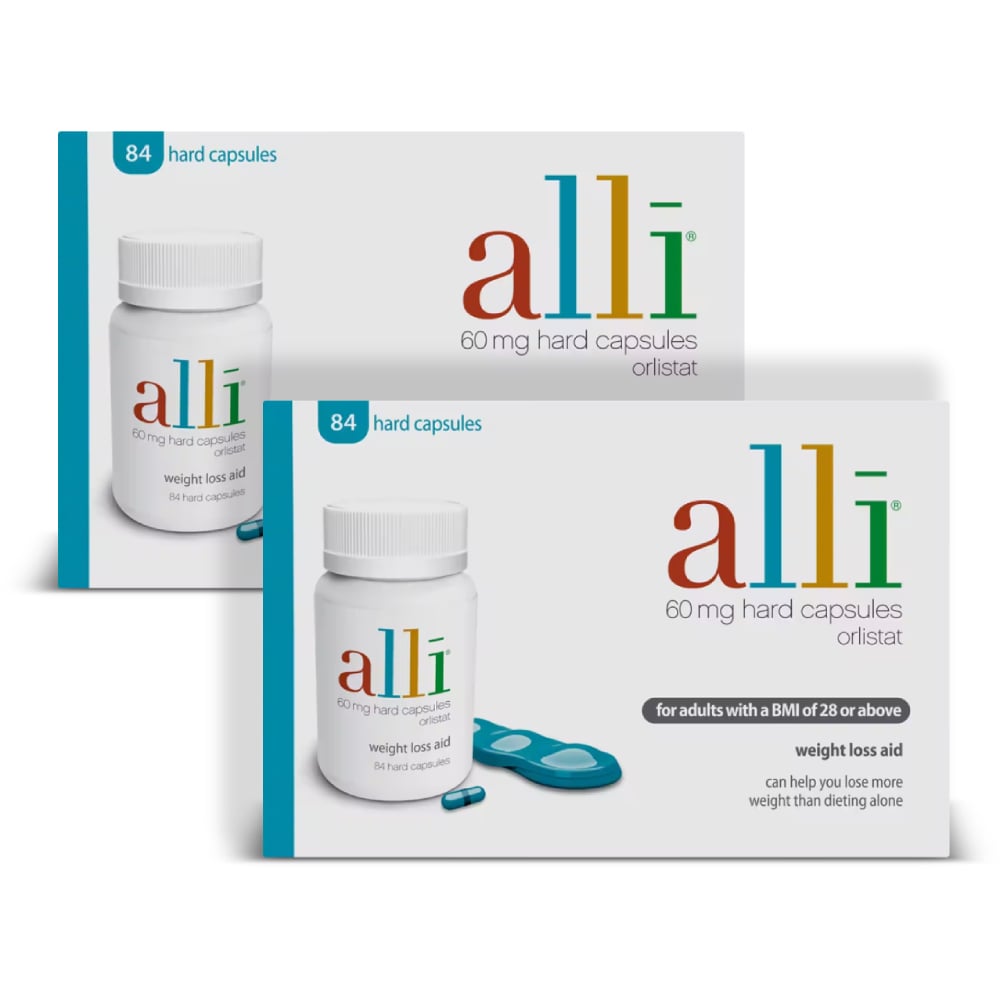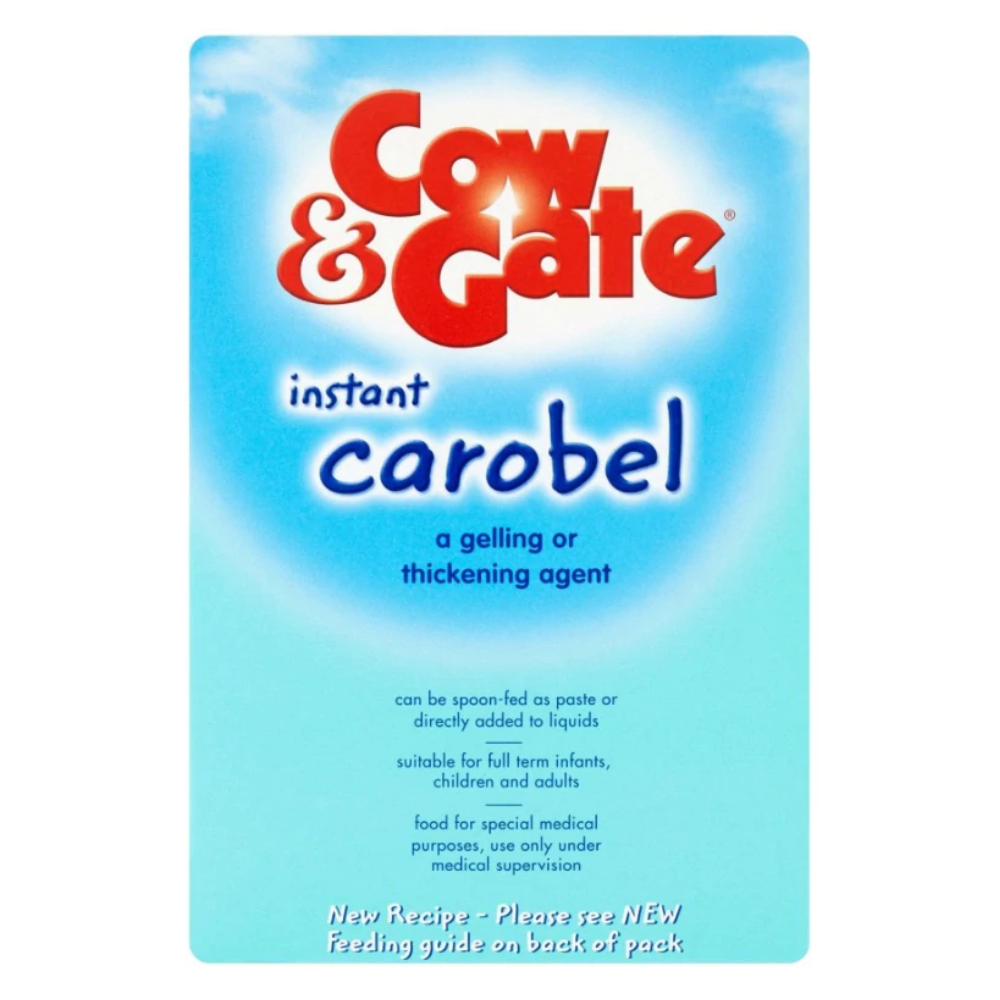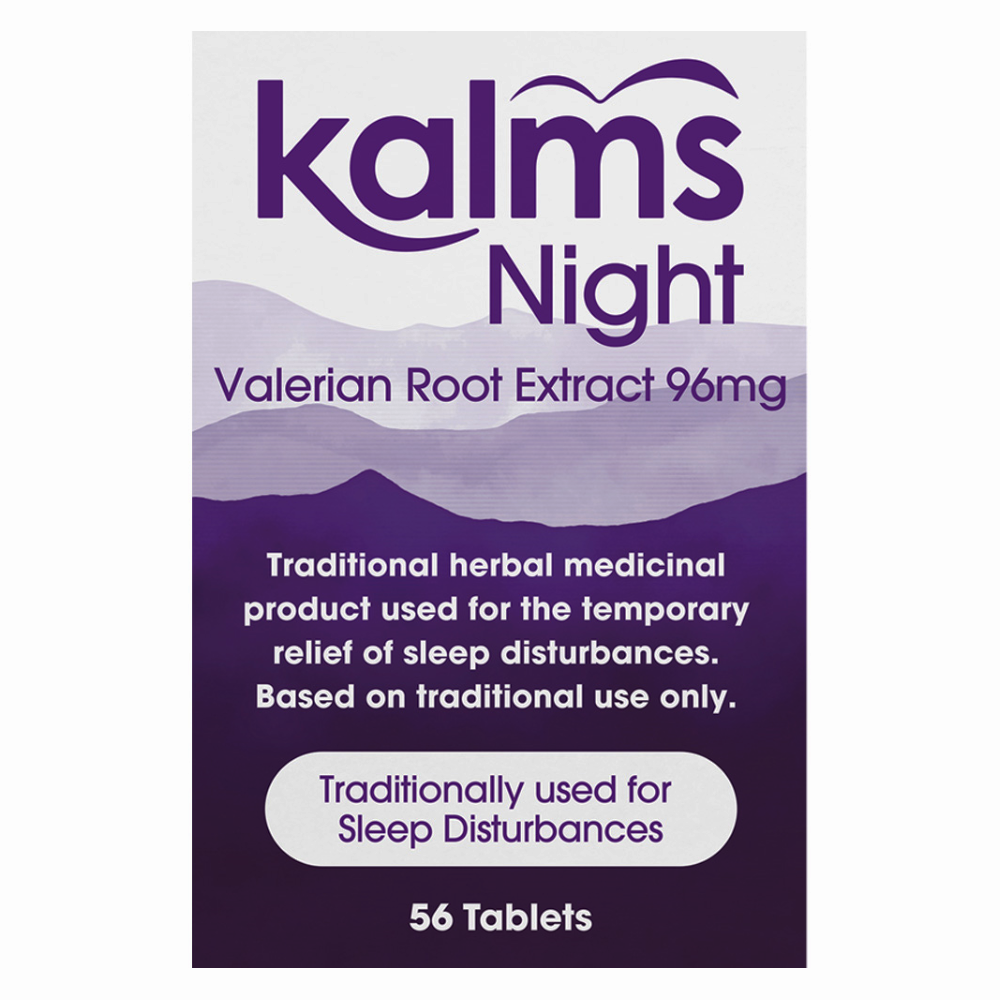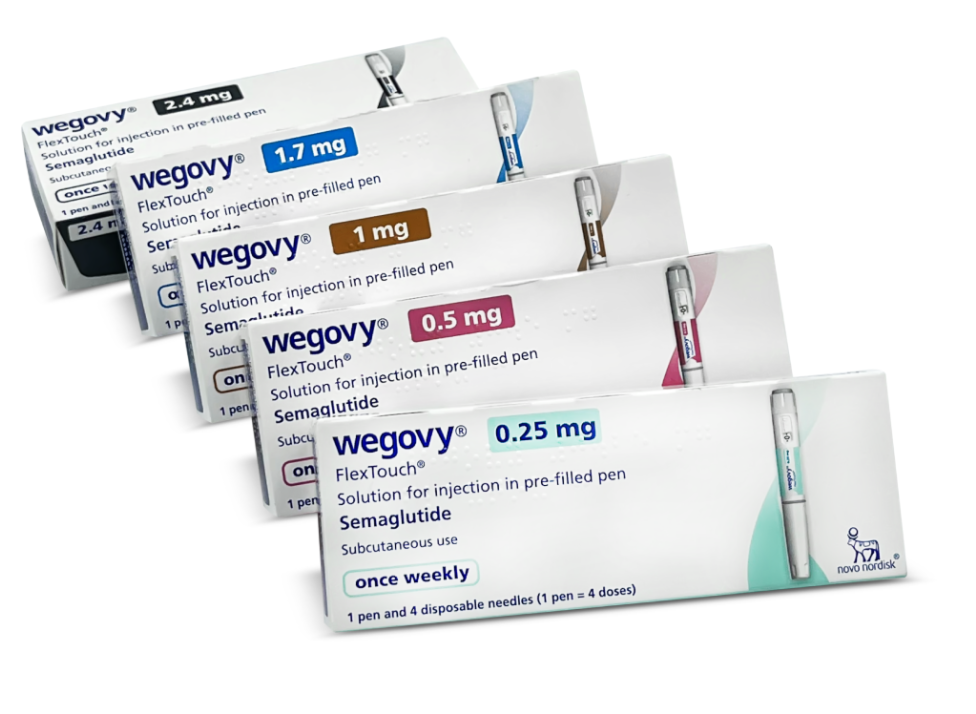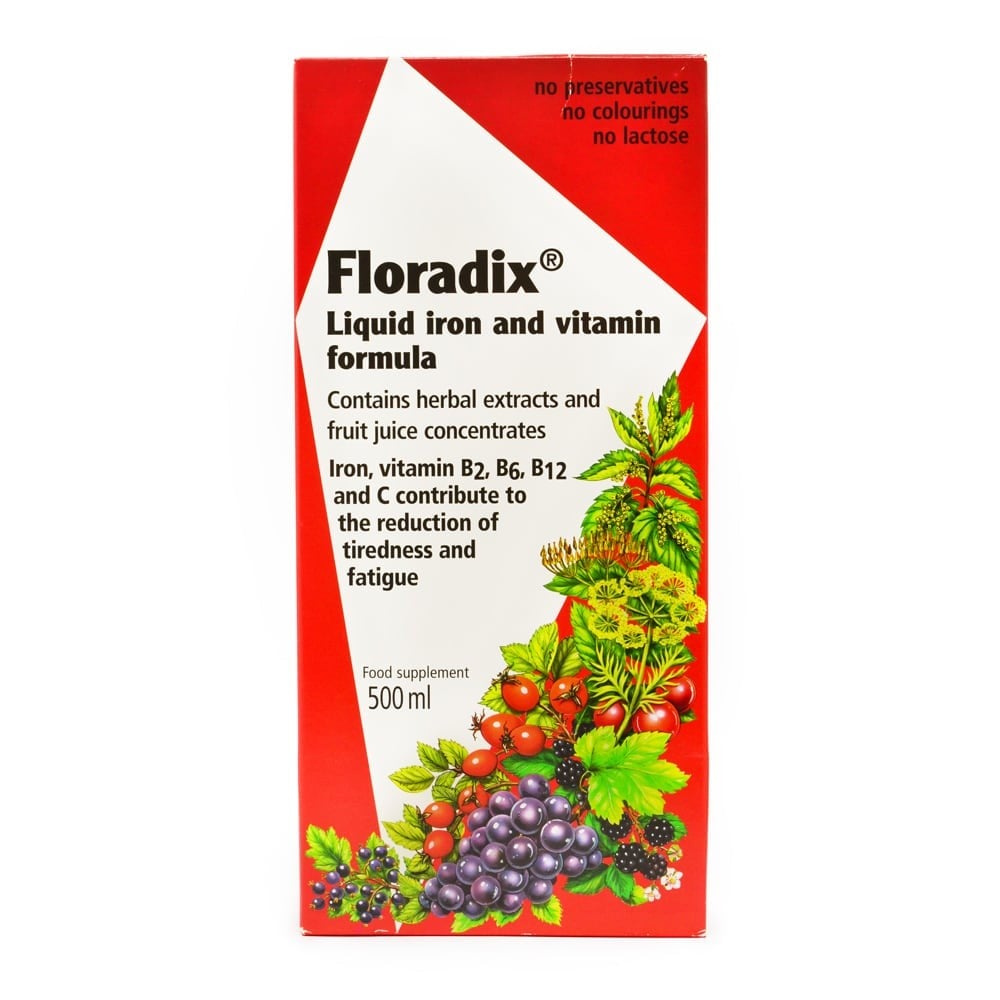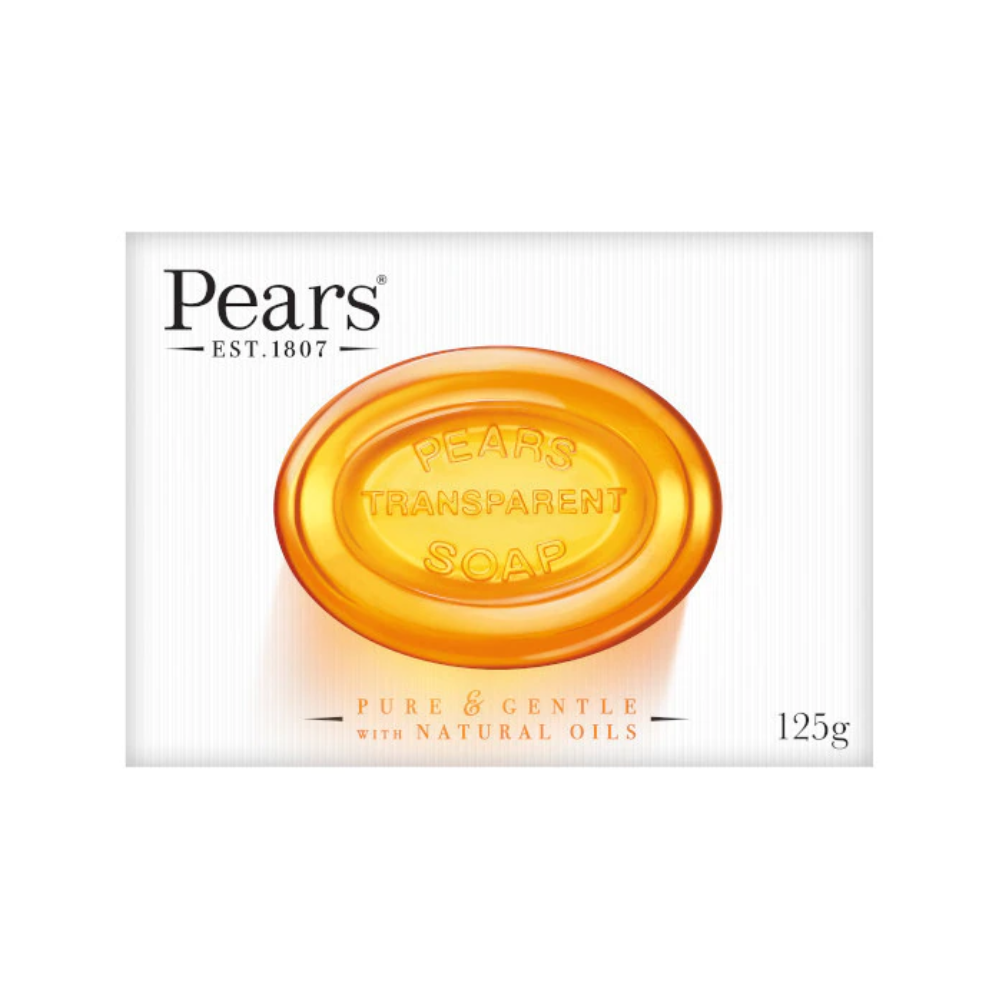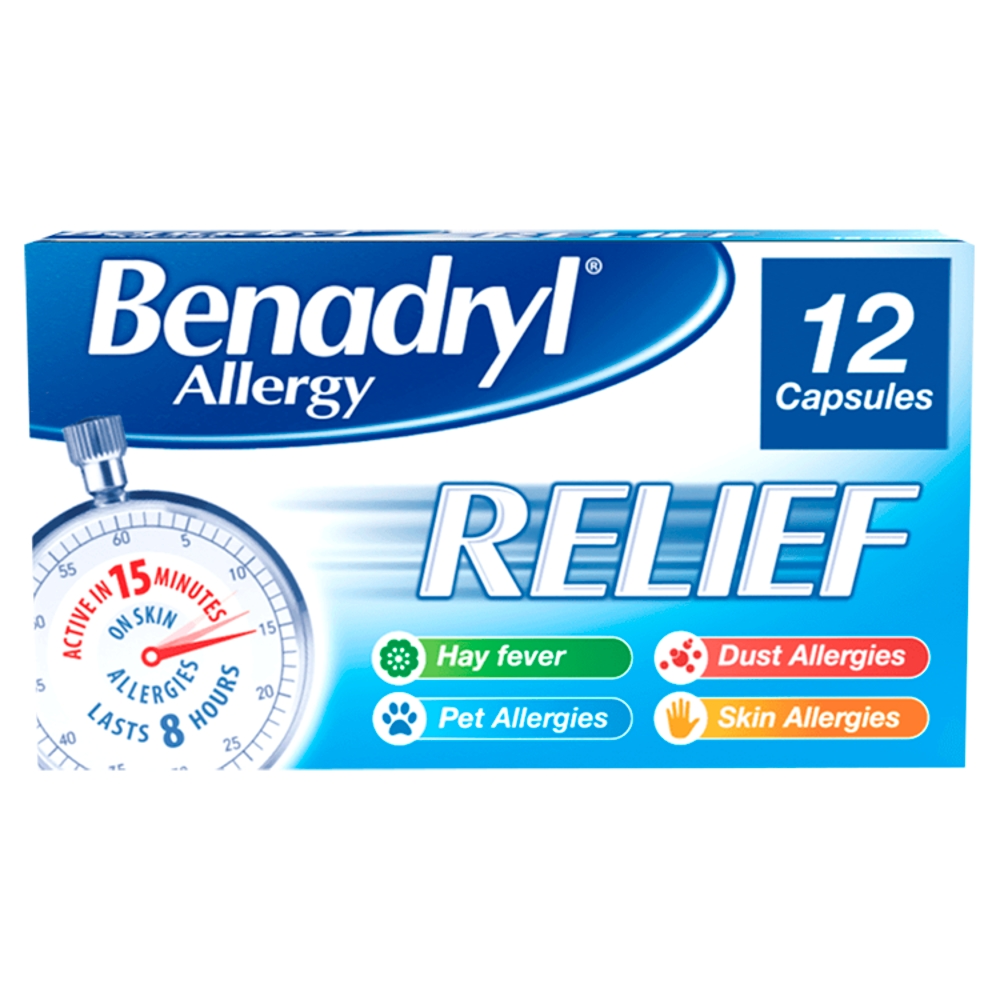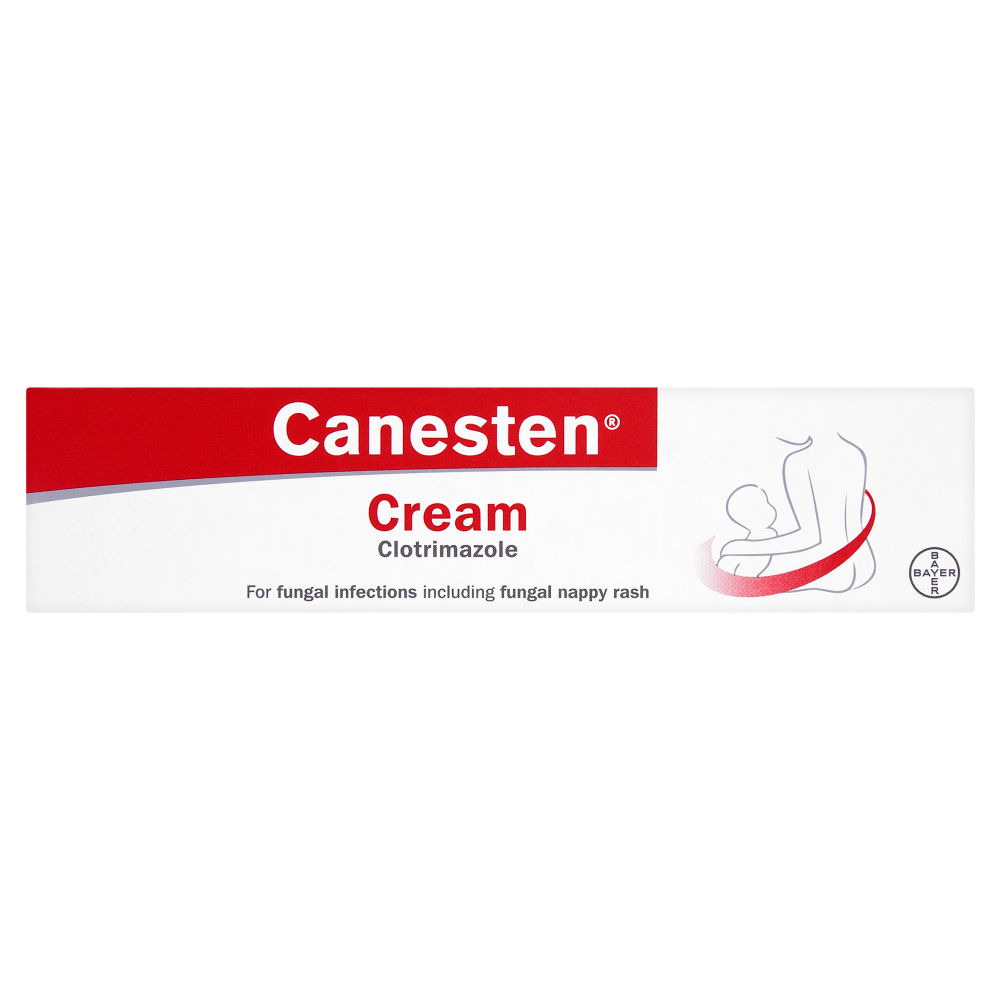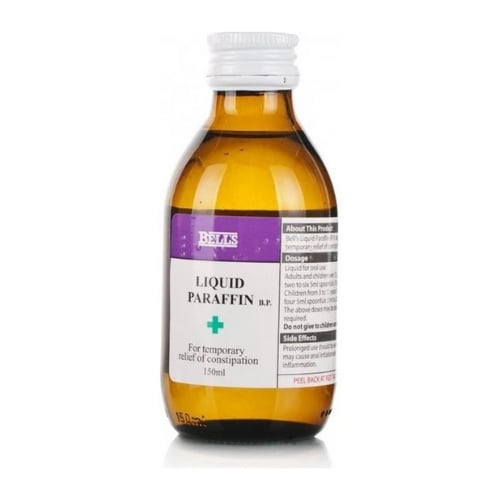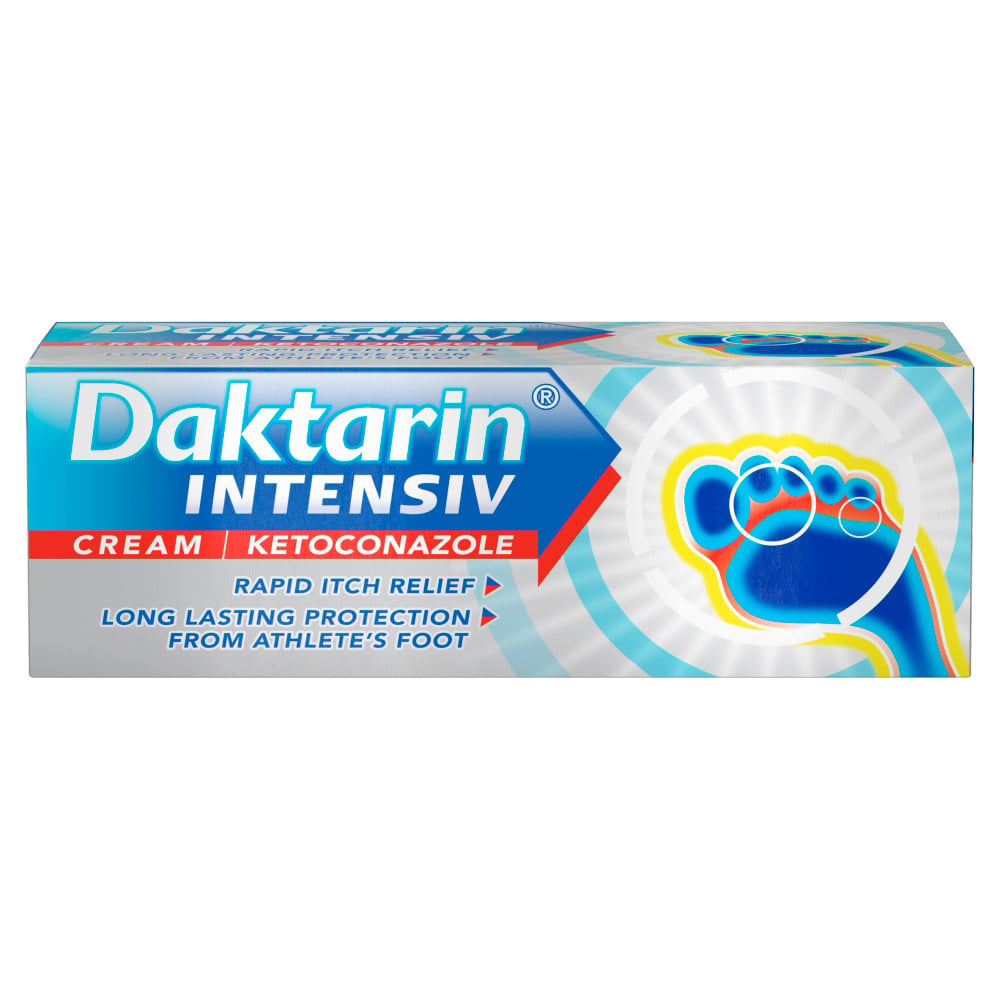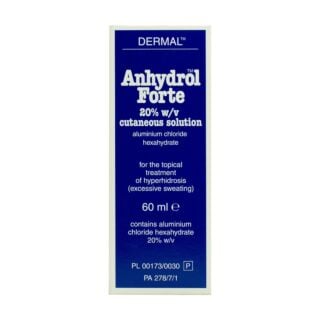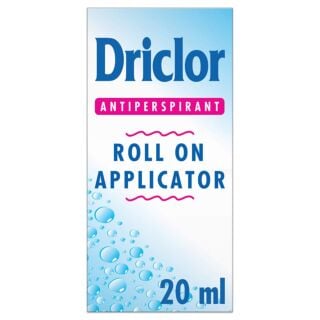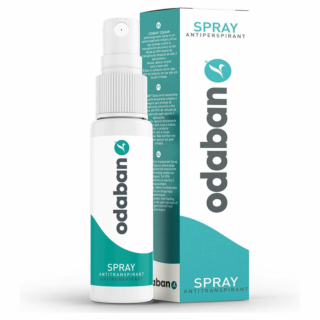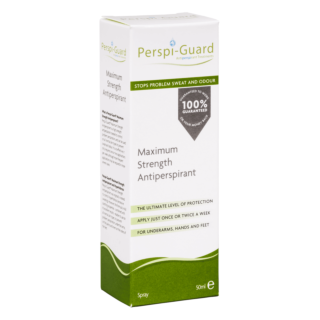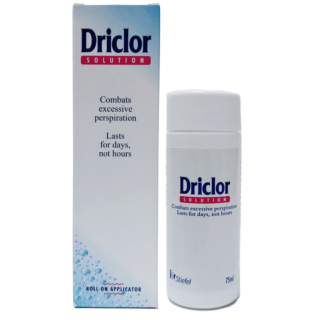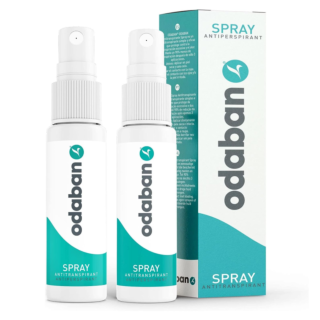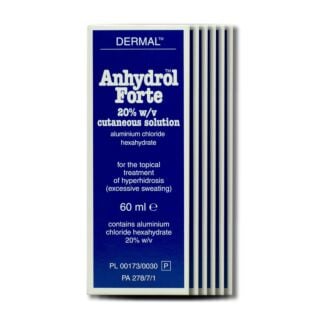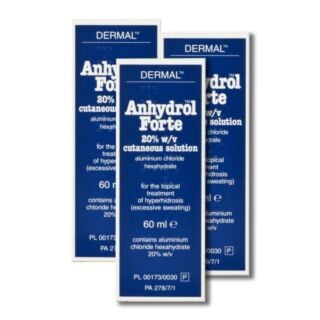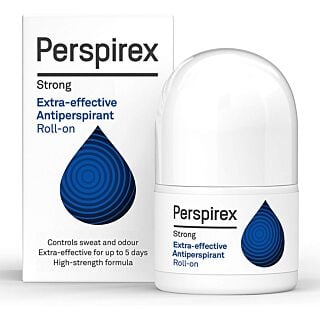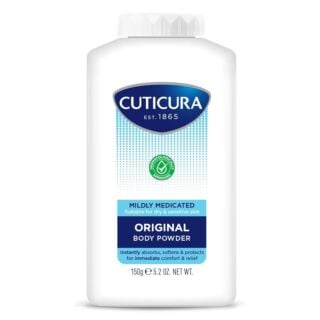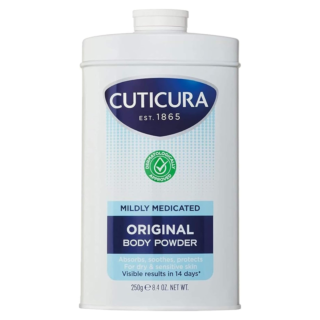Excessive Sweating (Hyperhidrosis)
Sweating at inappropriate times is always embarrassing. If sweat shows up through your clothes, it’s difficult to hide and can make you anxious that you smell. Sweating excessively (hyperhidrosis) can be even more distressing.1,2 … Read More See less
Hyperhidrosis typically develops during childhood or adolescence, so you may be looking to understand the condition yourself or on behalf of your child.3 But whether it’s for yourself or a loved one, it can be comforting to know that hyperhidrosis is relatively common, affecting between one and three in every 100 people.3
While it’s not harmful to your health, hyperhidrosis can impact your quality of life and even lead to feelings of depression and anxiety.1,2 As a result, exploring over sweating treatment options and finding the one that’s right for you or your child is an important way to take control of the condition.
Let’s explore the causes of sweating too much, excessive sweating treatment options and find out what excessive sweating is a sign of.
What is hyperhidrosis?
Hyperhidrosis is the medical term for excessive sweating.4
Sweating when you get hot or do exercise is completely normal.5 But if you’re sweating when your body does not need to cool down (cold perspiration), this can be considered excessive.1,5
You may experience sweating when you’re not doing anything physical, start sweating from the cold or at other times when you wouldn’t expect to.4 It can affect your whole body or just certain areas, causing:1
- sweaty armpits
- sweaty palms (hand perspiration)
- sweaty feet
- sweaty face and chest
- sweaty groin
You would normally experience excessive perspiration across both sides of your body.1 For example, both hands sweat or both feet sweat.1
Excessive sweating can happen for no obvious reason, or you may find it is triggered by environmental factors, a medical condition, or a medication you’re taking.5
Complications of hyperhidrosis?
Hyperhidrosis can lead to complications, such as:4,6–8
- Fungal infections – sweating excessively from your feet while wearing socks and shoes enables fungi to grow, resulting in fungal nail infections and athlete’s foot
- Warts – excessive sweating provides the ideal environment for human papillomavirus (hpv), which thrives in warm, moist areas
- Boils – a moist environment promotes the growth of bacteria that affects your hair follicles, meaning boils tend to occur in sweaty areas of your body
- Body odour – sweat is odourless, however, if bacteria are allowed to break down your sweat (e.g. If you don’t use an antiperspirant) it can start to smell bad
- Emotional distress – the embarrassment caused by increased sweating may cause you to avoid being around other people and impact your mental health
When to see your GP
Excessive sweating can sometimes be treated with over-the-counter products and lifestyle changes. However, you should arrange to see your GP if:5,9
- Sweating stops you from engaging in your normal activities
- Sweating causes emotional distress or social withdrawal
- Over-the-counter products and lifestyle changes aren’t helping
- You’ve experienced excessive sweating for at least six months
- You have an episode of excessive sweating at least once a week
- You experience nighttime sweating (night sweats)
- You have a family history of excessive sweating
- Your think your sweating is triggered by medication for another condition
- You suddenly begin to sweat more than usual
How is hyperhidrosis diagnosed?
Your GP will discuss your symptoms and medical history with you and may perform a physical exam for any obvious signs of excessive sweating.4,10 They may also recommend blood, urine or other lab tests to identify whether your excessive sweating is caused by another medical condition.4,10
Causes of excessive sweating
Sweat is fluid released from the eccrine (sweat) glands in your skin to help regulate your body temperature.4 When sweat reaches the surface of your skin, it changes from a liquid to a gas and evaporates to cool your body down.4 Overactive sweat glands are the cause of profuse sweating.4
Research is currently trying to identify why some people’s sweat glands overwork this way.4
However, it is well established that excessive sweating can be triggered by:4
- Certain emotions, like stress, anxiety, fear or nervousness
- Warm temperatures or humidity
- Exercise or physical activity
- Spicy foods, fatty foods, sugary and salty foods, and foods with high levels of protein
- Caffeinated drinks and alcohol
- Certain medications, such as insulin, naproxen and sertraline
Excessive sweating is also associated with several medical conditions. As a result, a doctor may want to establish whether one of the following conditions is the reason for your high sweating:4,11–19
- Acromegaly – when you have too much growth hormone in your body that causes your bones and tissues to grow in abnormal ways
- An infection – infections raise your body temperature, which causes sweating
- Anxiety – your fight or flight response, which is triggered when you feel anxious, can cause you to sweat
- Cancer – sweating can be a symptom of cancer or be triggered by cancer treatments
- Diabetes – there is no clear causal link between diabetes and sweating, but diabetes can cause sweating after eating
- Heart disease – if your heart has to work harder due to clogged arteries, it can cause sweating
- Hyperthyroidism – high levels of thyroid hormones affect your body temperature and cause sweating
- Menopause – changes in your levels of oestrogen and progesterone can make you feel too hot and cause sweating
- Parkinson’s disease – problems with the part of the nervous system that controls sweating can cause hyperhidrosis
How can hyperhidrosis be treated
Hyperhidrosis is a long-term condition, meaning there is no cure. However, most cases can be managed by:1,5,20
- Using antiperspirants containing 20% aluminium chloride hexahydrate, which are available over-the-counter
- Wearing loose and light clothes
- Identifying your triggers and avoiding them
- Wearing black or white clothes to minimise the signs of sweating
- Using underarm pads to absorb excess sweat and protect your clothes
If your hyperhidrosis is severe, you may be referred for more targeted hyper sweating treatments, such as:1,5,20
- Iontophoresis – when the affected area is treated with a weak electric current passed through water or a wet pad
- Botulinum toxin injections – botulinum toxin blocks the signals from the nervous system that supply the sweat glands and stops them from producing so much sweat
- Surgery – for example, you can have your sweat glands removed
Sources
- https://www.nhsinform.scot/illnesses-and-conditions/skin-hair-and-nails/hyperhidrosis/
- https://cks.nice.org.uk/topics/hyperhidrosis/
- https://cks.nice.org.uk/topics/hyperhidrosis/background-information/prevalence/
- https://my.clevelandclinic.org/health/diseases/17113-hyperhidrosis
- https://www.nhs.uk/conditions/excessive-sweating-hyperhidrosis/
- https://www.nhsinform.scot/illnesses-and-conditions/skin-hair-and-nails/hyperhidrosis#complications-of-hyperhidrosis
- https://sedermatologyspecialists.com/how-athletes-are-susceptible-to-warts/
- https://my.clevelandclinic.org/health/diseases/17716-hidradenitis-suppurativa
- https://www.mayoclinic.org/diseases-conditions/hyperhidrosis/symptoms-causes/syc-20367152#:~:text=Overview,Hyperhidrosis%20treatment%20usually%20helps.
- https://www.mayoclinic.org/diseases-conditions/hyperhidrosis/diagnosis-treatment/drc-20367173
- https://patient.info/signs-symptoms/night-sweats
- https://www.healthline.com/health/diagnosing-hyperhidrosis/depression-and-anxiety#causes
- https://www.cancerresearchuk.org/about-cancer/coping/physically/skin-problems/dealing-with-sweating/causes
- https://pmc.ncbi.nlm.nih.gov/articles/PMC8502225/
- https://www.healthline.com/health/heart-disease/warning-signs-heart-attack
- https://www.nhs.uk/conditions/overactive-thyroid-hyperthyroidism/symptoms/
- https://www.nhsinform.scot/illnesses-and-conditions/glands/overactive-thyroid/
- https://my.clevelandclinic.org/health/symptoms/16562-night-sweats
- https://www.parkinsons.org.uk/information-and-support/skin-and-sweating-problems
- https://cks.nice.org.uk/topics/hyperhidrosis/management/management/

Free delivery when you spend over £39

100% discreet delivery for every item ordered

Fully regulated UK pharmacy
What is hyperhidrosis?
Hyperhidrosis is a common condition characterised by excessive sweating. If you have hyperhidrosis, sweating can occur all over your body or only in certain areas like like your underarms or feet. Sweating is a normal bodily process when you’re hot or exercising, but if you’re sweating for no obvious reason, you may have hyperhidrosis and would potentially benefit from a stronger over-the-counter antiperspirant.
How do you treat hyperhidrosis?
One of the most effective ways to treat hyperhidrosis is with stronger antiperspirants that you can buy over-the-counter. You can also try wearing loose-fitting clothing made from breathable fabrics, socks that absorb moisture and leather shoes. If your hyperhidrosis is severe and over-the-counter antiperspirants don’t ease the problem, you should see your GP or dermatologist for further treatment options, including tablets that reduce sweating or botox injections.

